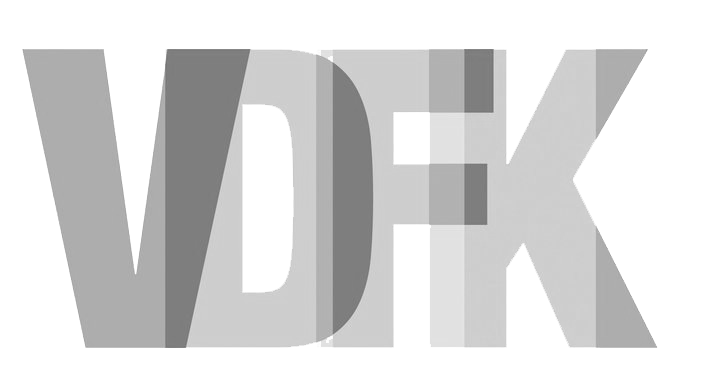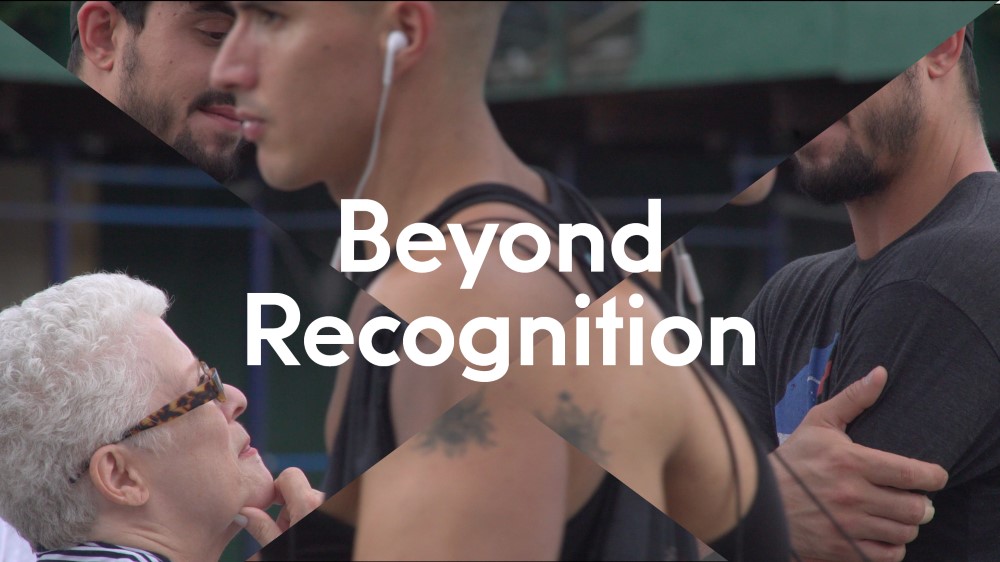Blog #4/21 Get Outta My Way
By André Shannon
Beyond Recognition was a Zoom debate between writer/filmmaker Sandra Wollner, sound engineer Pascal Capitolin, and programmers Alexander Scholz and Pedro Segura. The subjects were Zacharias Zitouni’s First In First Out and Phillip Warnell’s Intimate Distances, a short and a mid-length documentary. First In First Out follows an ex-refugee who makes plane meals for deportation flights, while Intimate Distances observes a woman wandering New York and chatting up strangers (is she also a limo driver from Holy Motors?). The ensuing debate facilitated dramaturge vs sound engineer vs Duisburger Filmwoche curator vs Black Canvas curator. Let’s discuss.
For full disclosure, it is Mardi Gras here in Sydney, which – for queer critics – means recovering from an anniversary screening of sex-work funded Vegas in Space (1991), with pre-teen queens mopping the floor to Katy Perry. Also on the menu: revisiting Toshio Matsumoto’s Funeral Parade of Roses (1969), defiantly re-assessed by femme artists in a gallery. The point? My brain is so fried and far from cinéma verité, I should renounce the ‘é’ in my name. Still, ask me to write an ad-hoc bounce-off to a Zoom chat about two documentaries for Berlin Critics’ Week, and I’m your cheap queen.
The debate works with two films from two festivals, and (frankly) two Schools in dialogue. We’ve got team documentary as reflection, concerned with resurrecting memories à la Tarkovsky’s Mirror. This emphasises seeing folks in a past tense through the practice of being seen and seeing. Then, we have documentary as potential reality where filming a scenario holds opportunities for surprises – something closer to a Varda-ism in which unscripted moments lead to micro-epiphanies starring Society.
How do we depict connections, both private and public, through cinema? This bulks out the conversation. The chat seems fixated on understanding depictions of coping / dealing / reckoning with reality. Wollner is the first to address formal aspects of camerawork servicing Truth, followed by talk of power configurations through casting. Shout-outs to Chronicle of a Summer (1961) and Pictures of the Old World (1972) pigeonholing documentaries as retroactive situations turned Spectacle. We view what has happened and grapple with a before through analysed viewing. Segura name-drops Hitchcock while talking up voyeurism, and Scholz claims that films search for meaning through the art of (basically) asking politely. The conversation conjugates documentary strictly in the past tense.
Can we make a new, third school?
Then comes a road block during the chat, reliance on hindsight as a vantage point. Apparently, we look for meaning sometimes, and other times we sit and watch. These comments fixate on interpretation, looking, and formal properties used to convey witnessing. This is the part where someone usually says “documentary depicts reality happening”, putting us at risk of sounding like an essay on Frederick Wiseman with no solution moving forward. This is all fine, but again…
Can we make a new, third school?
Our understanding of the potential of documentary is, well… documented. We understand set-ups, and their ramifications. We all have Adam Curtis’ voice stuck in our head. The tropey-ness of documentary isn’t discussed, and while First In First Out and Intimate Distances aren’t textbook examples of normative fact-chasing, the group doesn’t want to address how documentary cinema affects us, as if stuck in an ouroboros of abstract interpretations. If we’re talking about films starring Society, we should discuss their effects as active members of Society. Sometimes, documentaries make people look bad. Sometimes, we’re the butt of a critique. How are we leaving our audience feeling? Are we creating space for new ways of living?
Can we make a new, third school?
Behind moderator Janaína Oliveira sits Black Futures, a popular American anthology, co-edited by Kimberly Drew and Jenna Wortham, that combines hybrid-information-art as a tool to dream, project, and fantasise. Here, a book engages the past for the sake of affirmative future building. This is an archive at the service of futurism, on a bookshelf, in the Zoom chat. Can we use that as a way to look at documentaries? Ultimately, a map of documentary cinema that doesn’t feature utopia isn’t a map worth looking at. If we always treat documentaries as movie journalism, we risk telling the same story over and over again. We repeat cycles. If, as Segura mentions, we are to humanise these films, let us treat them as people with feelings. How are they forming us? How are they making us better?
If we boil down documentaries to semantic contracts, vague imaginary connection, and formal properties, we forget how documentaries shape us. Instead of being the past, they can be the future. All conversations about documentary work should carve newness from the old, instead of bearing witness to yesterday. Let’s bring ourselves closer to the aesthetics of real-topia.
A video of the debate can be found here. A conversation with Intimate Distances director Phillip Warnell can be seen here.

